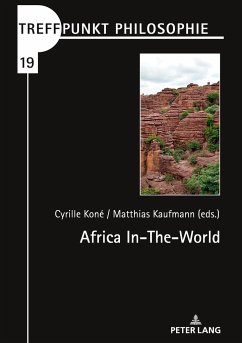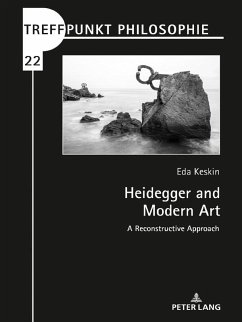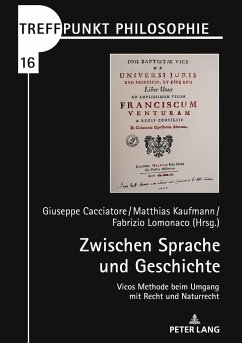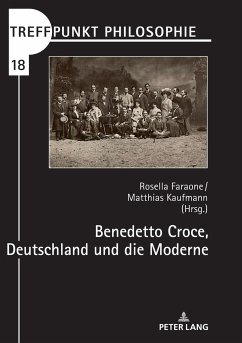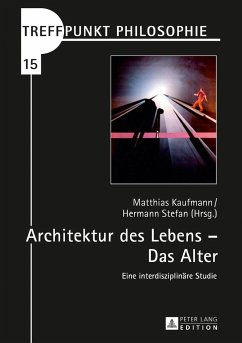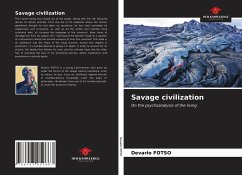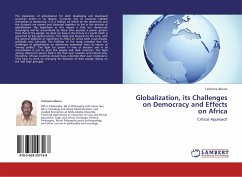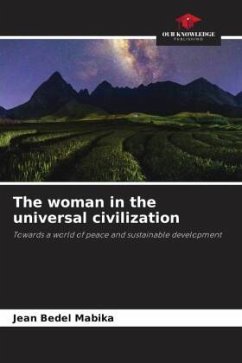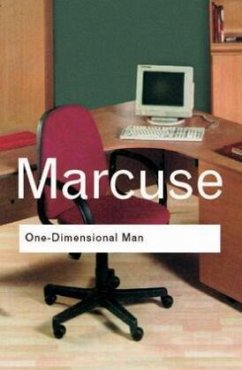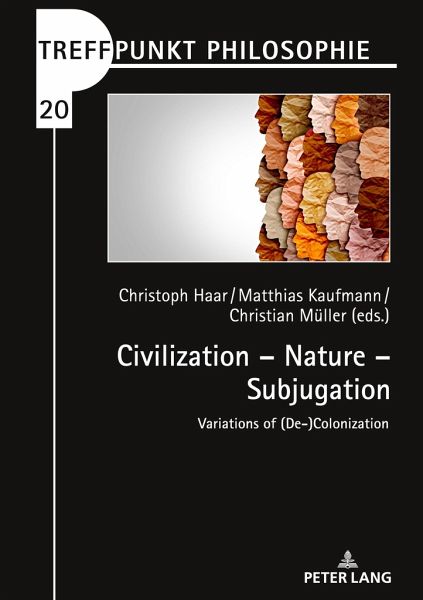
Civilization - Nature - Subjugation
Variations of (De-)Colonization
Herausgegeben: Kaufmann, Matthias; Haar, Christoph; Müller, Christian
Versandkostenfrei!
Versandfertig in 6-10 Tagen
77,85 €
inkl. MwSt.

PAYBACK Punkte
0 °P sammeln!
This volume offers an interdisciplinary approach to some pivotal topics of (de-) colonization. It examines the early modern debate on just war, transatlantic conquest and slavery, followed by the shift of the debate in the 18th and 19th centuries towards assertions of racial hierarchies based on supposed matters of fact, and finally the philosophical discussion regarding decolonization. Two central themes emerge: first, the political circumstances and the exploitation of the available terminology resulted in the production of new meanings or "translations" during the 17th and 18th centuries, a...
This volume offers an interdisciplinary approach to some pivotal topics of (de-) colonization. It examines the early modern debate on just war, transatlantic conquest and slavery, followed by the shift of the debate in the 18th and 19th centuries towards assertions of racial hierarchies based on supposed matters of fact, and finally the philosophical discussion regarding decolonization. Two central themes emerge: first, the political circumstances and the exploitation of the available terminology resulted in the production of new meanings or "translations" during the 17th and 18th centuries, and second, the adoptions of established justifications of colonial activities and enslavement brought about models of natural science that increasingly developed a momentum of their own.





